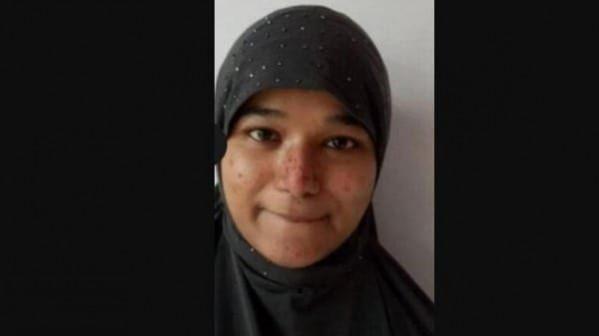
In a significant development, a 30-year-old woman has been arrested in Bengaluru, India, for allegedly leading a terror module associated with Al-Qaeda. This arrest has raised alarms across the nation, highlighting concerns about the infiltration and influence of international terrorist organizations within Indian borders. The woman, whose identity remains undisclosed for security reasons, is accused of recruiting individuals for the terror outfit and facilitating their training and operations.
The arrest was the culmination of a meticulously planned operation by Indian security agencies, who had been monitoring the suspect for several months. According to sources, the woman was not only a key figure in the module but also played a crucial role in strategizing and executing plans for potential attacks. Her arrest is considered a major breakthrough in the ongoing efforts to dismantle terror networks operating in the country.
The investigation into the woman's activities began after intelligence agencies received a tip-off about her alleged involvement with Al-Qaeda. Surveillance and monitoring of her communications revealed a web of connections with other operatives, both within India and abroad. Authorities believe she was instrumental in radicalizing young individuals and indoctrinating them with extremist ideologies.

The Role of Women in Terrorism
The arrest of a woman in such a high-profile case has brought to light the evolving role of women in terrorist activities. Traditionally, women have been perceived as passive supporters in terror networks, often relegated to roles such as fundraisers or propagandists. However, recent trends indicate a shift, with women taking on more active roles, including leadership positions within these organizations.
The arrest in Bengaluru is reminiscent of several historical instances where women have been involved in terrorist activities. One notable example is the case of Samantha Lewthwaite, also known as the "White Widow," who was linked to the Somali-based militant group Al-Shabaab. Lewthwaite was accused of orchestrating attacks and recruiting individuals for the group, highlighting the significant role women can play in terrorism.











